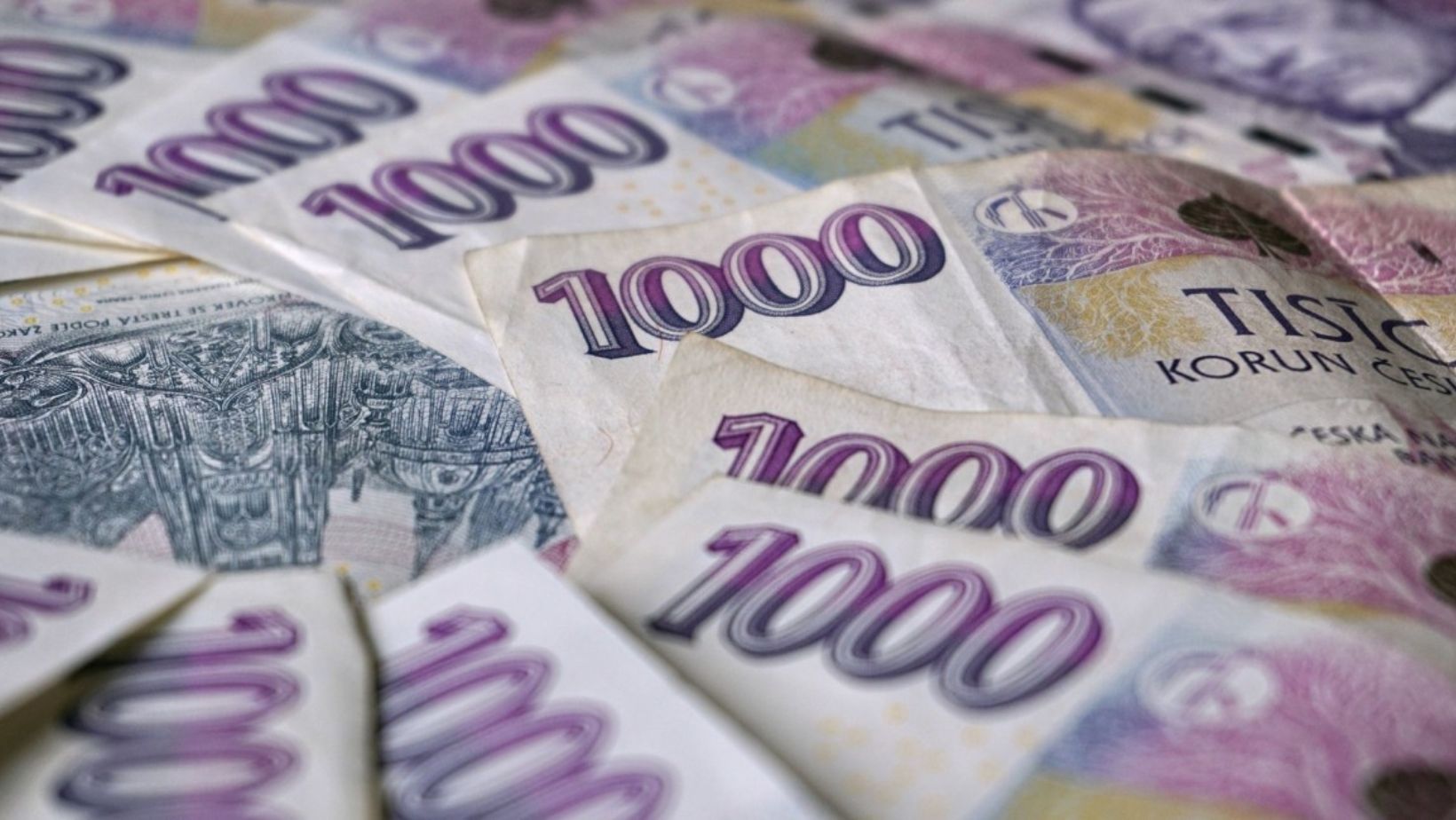Finmex Academy: Czechs Real Wages Are Getting Lower Despite Rising Salaries

The real wages of the people in the Czech Republic are set to drop by at least 8.3% by the end of 2022 as blistering inflation continues to eat into the income of the citizens.
The recent figures for October showed a 15.1% rise of prices year-on-year, far above the average of 10.6% for the Euro Area and 11.5% for the European Union. The few European countries that managed to reach figures above these records are Poland, Hungary and the Baltic countries that had the worse inflation records for ten months of 2022.
Prices in the Czech Republic have slowed down for the first time in two years as the government has taken some actions to support households amid high and rising energy prices.
A slowdown of inflation came primarily in the form of energy and food prices as core inflation continues to rise by 1.2% month-on-moth, beating the forecasts of analysts. Prices are expected to continue to slow down in November and December amid government measures to stabilise energy prices, commented Martin Marsovsky, chief manager of Finmex Academy.
On the other hand, wages for most of the sectors are rising too slowly to catch up with inflation. So, real wages are falling rapidly behind those of neighbouring countries like Slovakia, Poland, and Hungary. Most importantly, this is not a specific situation that has only been observed this year with extremely high inflation across the globe. For the past several years, the country has been losing ground and ranking lower on the list of average wages provided by different countries.
According to the Organisation for Economic Co-operation and Development (OECD), many countries that were behind the Czech Republic in terms of average salaries for decades took advantage of the last ten years. The same Baltic countries have been seen to rise their wages with Latvia being the last country to overtake the Czech Republic in 2021.
Average salaries in Estonia became higher in 2020 and also in Lithuania in 2010. Across the OECD countries Portugal, Greece, Hungary, Slovakia, and Mexico are behind The Czech Republic.
This year wage increases were slowing down by the fall, while some of the companies within the area are ready to continue to marginally raise salaries. According to a survey performed by RSM consulting about 39% of the responding companies were about to increase salaries further.
However, most of the companies are willing to raise salaries by two to ten percent, which nominally could be considered as compensation for rising prices. Less than 10% of the companies surveyed are about to raise salaries above ten percent, and are mostly concentrated within the luxury sector and car industry. Moreover, their employees are located mostly in Prague and Bohemia where wages remain the highest in the country.
With this said, it could be expected that without compensation measures from the government real wages for most of the regions will continue to deteriorate starting from next January.
Most of the Czechs continue to spend less amid rising food prices. Some 57 percent of the people surveyed by the STEM/MARK agency are planning to spend less on Christmas presents with ten percent not planning to buy presents at all due to the bad economic situation.
More than a half of the people surveyed are struggling to manage their regular expenses, while a third of them are using their savings or need to borrow money to meet living standards.
Most of the people are borrowing money from their families or friends while about 47% are approaching banks or other financial institutions. Two-thirds fear they will experience troubles servicing debt and around six percent of households ran into trouble with loan payments.
This extremely difficult economic situation is the perfect time to think about the opportunities we have to handle our budget wisely. Even if we have enough money to manage our spending, the economic or our personal situation might get worse at any time.
So, it is better to stop any unnecessary spending, save some money and think about new sources of income. Whether this could be in the form of bank savings or high grade bonds could be a matter of discussion. But the situation is not getting any better as creeping inflation continues to decrease the buying power of incomes.
Support Prague Morning!
We are proud to provide our readers from around the world with independent, and unbiased news for free.
Our dedicated team supports the local community, foreign residents and visitors of all nationalities through our website, social media and newsletter.
We appreciate that not everyone can afford to pay for our services but if you are able to, we ask you to support Prague Morning by making a contribution – no matter how small 🙂 .



